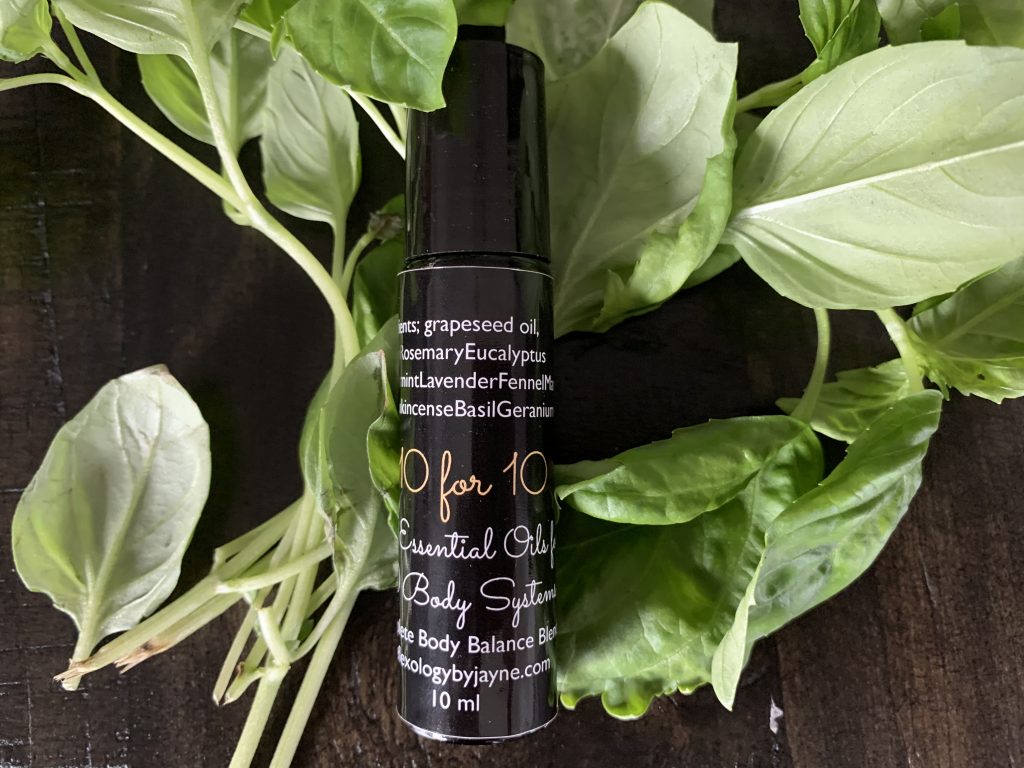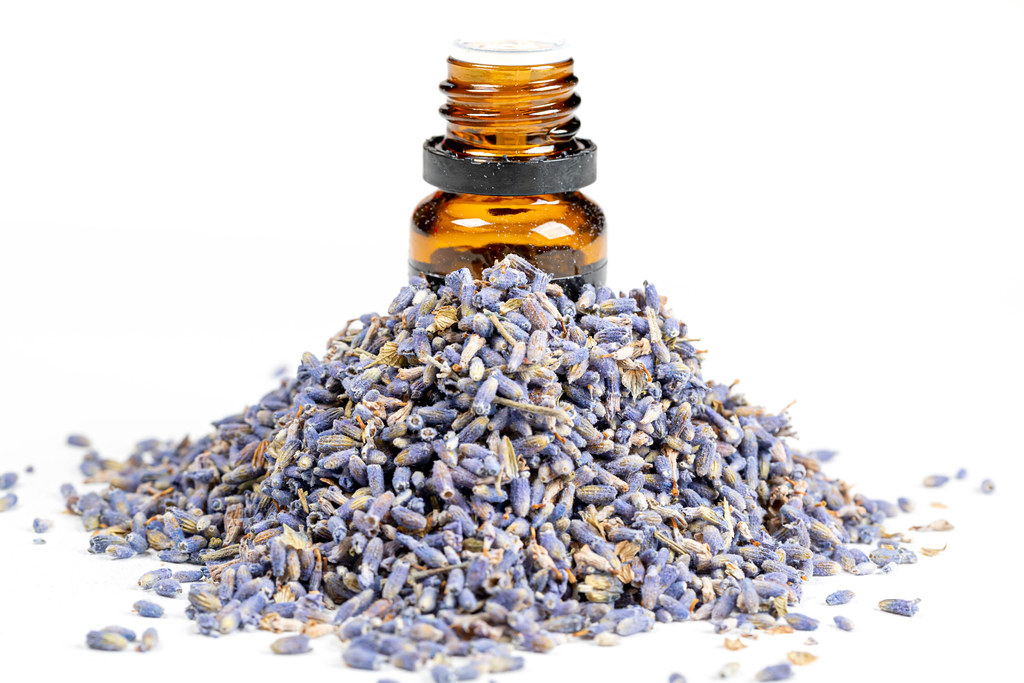10 Antibacterial Essential Oils You Must Use – The thought of essential oils may bring visions of aromatherapy, oil diffusers or candles to mind. You can also dilute essential oils with a carrier oil and apply directly to your skin. These oils deliver numerous health benefits including relief from nausea, heartburn, headaches and sleep disturbances to name a few and can be a useful addition to your general wellbeing alongside rest and relaxation.
Some essential oils, when used correctly may be just as effective as antibiotics. Essential oils are also potent substances that possess antibacterial, antimicrobial and antifungal properties. To reduce the risk of toxicity or a severe reaction, you must take steps to dilute the essential oil, using a carrier oil like coconut or almond oil before applying to your skin.
Although the dilution phase may lessen the risk for complications seen with using essential oils in their natural form, it is important to note that the power of these oils remains in play as an antibacterial.
Here are ten antibacterial essential oils you must use:
Tea Tree Oil
Tea tree oil is a strong antifungal, antiviral and antibacterial agent and, it is excellent in treating fungal infections, minor burns, acne, ringworm and athletes’ foot. Tea tree oil does not have a reputation for working as fast as those over the counter medications or prescriptions, but it is less irritating than some of these products (WebMD).
Think of tea tree oil as being one of nature’s antibiotics. It has been around for centuries, and there are hundreds of studies that demonstrate its numerous benefits of usage. The oil works well in conjunction with antibiotics prescribed by your physician.

Chamomile Oil
Roman Chamomile oil can be useful in managing eczema, diaper rashes, and ear infections. German chamomile is a fantastic antiseptic and works wonders in cleaning wounds.
Eucalyptus Oil
Eucalyptus oil can be your best friend during upper respiratory tract infections or even bronchitis episodes. This oil stimulates the immune system which in turn can help you to manage or also stave off the occurrence of viruses and bacterial infections.
Oregano Oil
Oregano oil can be as effective as penicillin in treating staph infections. With an increase of bacterial resistance organisms on the rise, this information may prove to be especially beneficial to you if you are particularly prone to infections. Oregano oil is effective against salmonella, E. coli, and Staphylococcus (staph).
Lemongrass Oil
Lemongrass is an excellent antiseptic for treating wounds and decreasing the risk of bloodborne infection. This essential oil blocks the growth of bacteria. It is a natural antiseptic and studies show that lemongrass can be potent against the likes of MRSA, a staph infection of the skin that prove difficult to treat.
Thyme Oil
Thyme oil may be useful against salmonella and other bacteria found in milk. It is also helpful against MRSA without the side effects that can accompany antibiotic treatment of this antibiotic-resistant skin infection.
Bergamot Oil
Bergamot has great antibacterial characteristics. It is useful in fighting various types of infections including urinary tract infections, ear infections, and sepsis that may occur with cuts or scrapes.
Lavender Oil
Lavender is a has a reputation for being a soothing, relaxing essential oil that promotes tranquillity. However, lavender possesses other properties such as being that allow it to also function as a robust, antibacterial agent. Lavender improves your immunity and can help to keep skin bacteria at bay that contributes to skin acne.
Grapefruit Oil
According to the International Journal of Food Science and Technology, grapefruit essential oil is effective against some bacterial strains including Staphylococcus aureus, E. Coli, Salmonella, and Serratia marcescens. It is an antimicrobial oil that is beneficial in reducing the risk for infections to cuts and wounds.
Cinnamon Oil
Studies show that cinnamon oils are useful in preventing the growth of bacterial between seven and 14 days after a procedure. One such study, featured by draxe.com demonstrates that cinnamon oil is especially beneficial as an antibacterial agent in those days following a root canal procedure.
Some deem this oil as being the strongest among the antibacterial essential oils thanks to its ability to do better with the likes of e.coli, staph, Klebsiella pneumoniae, and Pseudomonas aeruginosa.


On another note, for body balancing, I have created 10 for 10, a blend of 10 essential oils that correspond directly with your 10 body systems. If your body is out of balance it will weaken your immune system so it’s extremely important to keep all 10 body systems working in complete harmony.
Jayne Bennett
Aromatherapist, Alternative Health Practitioner


